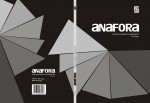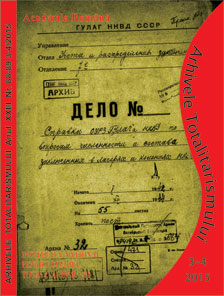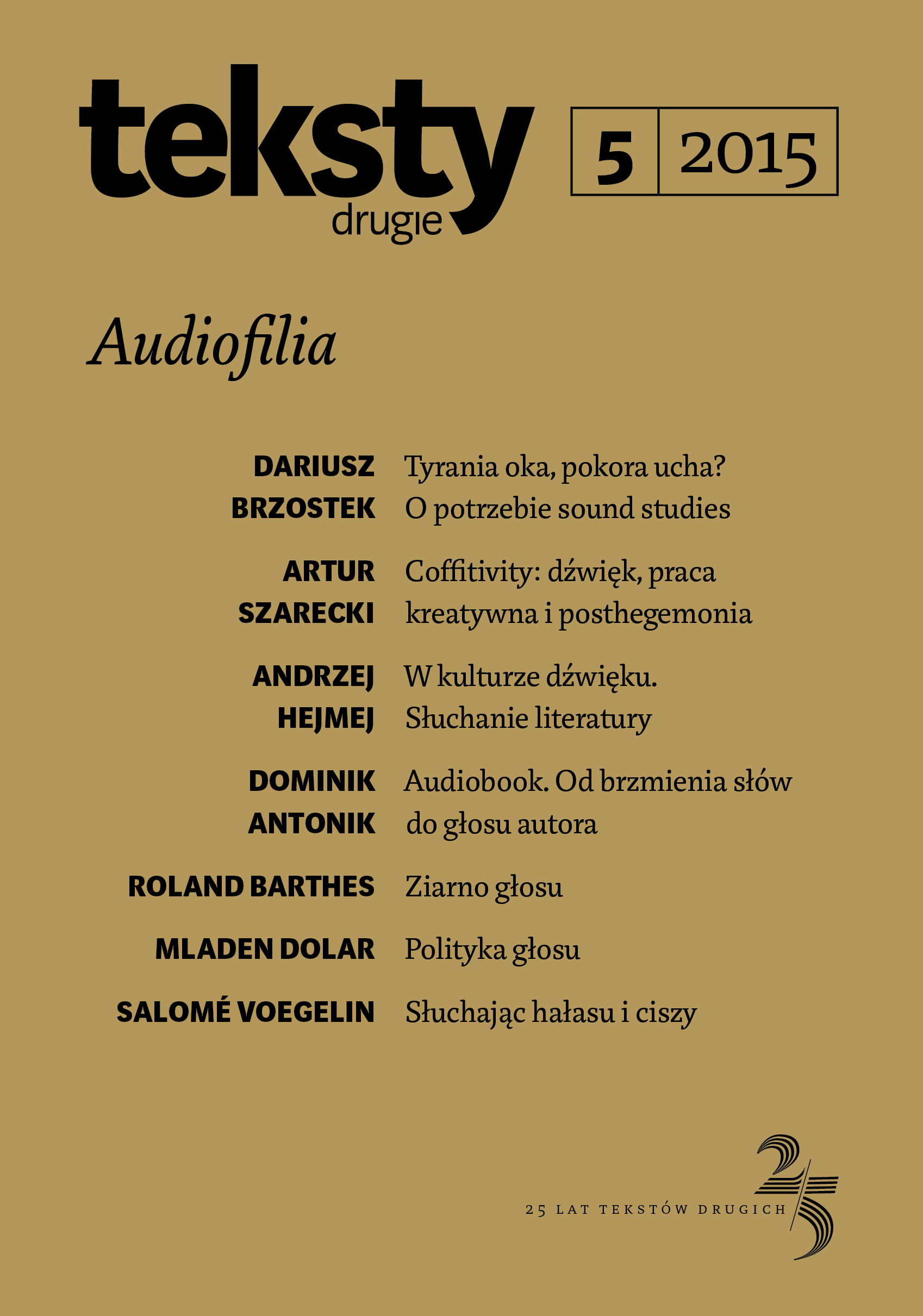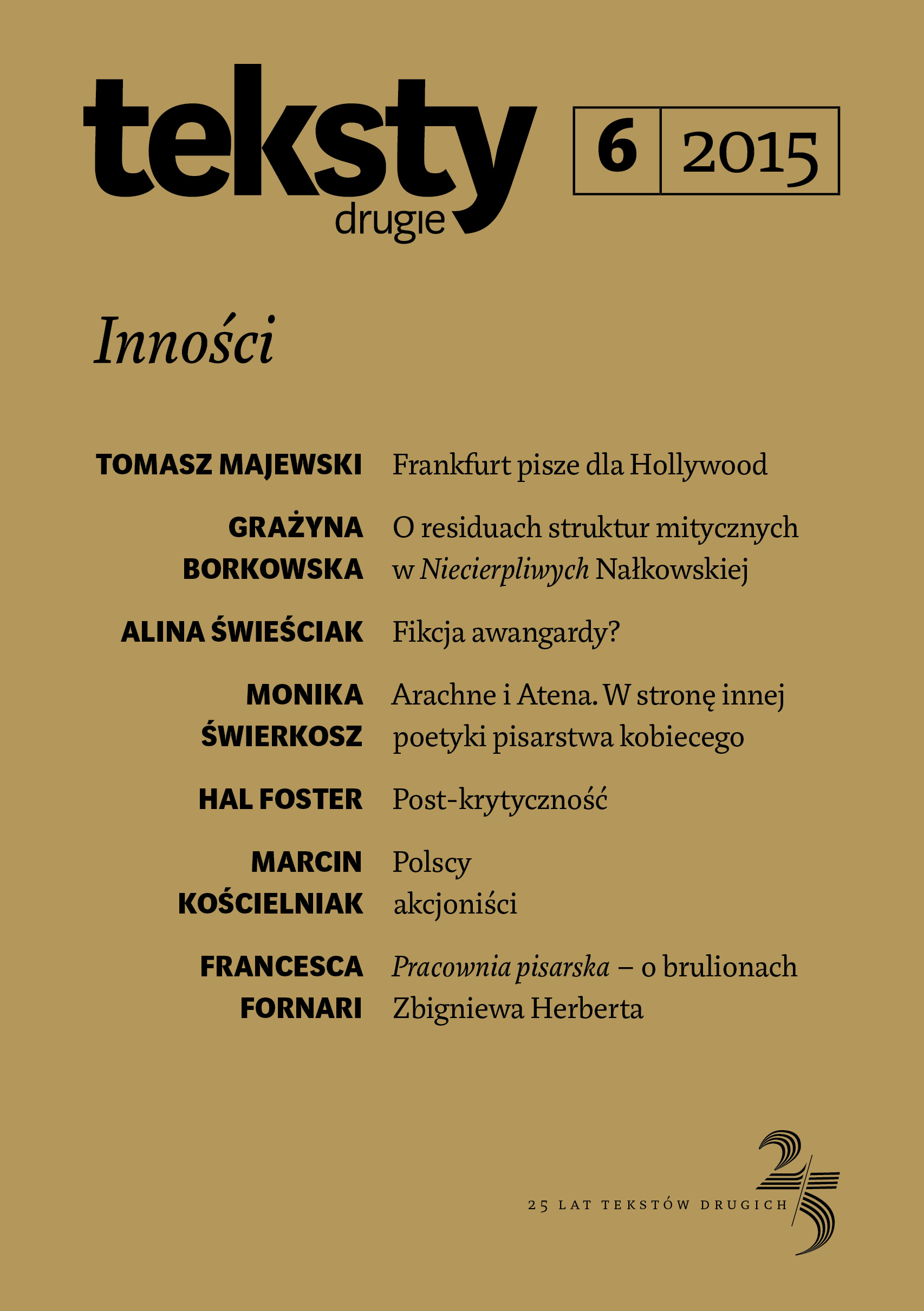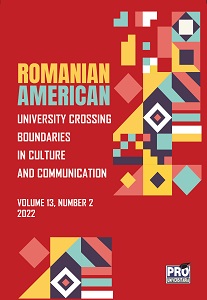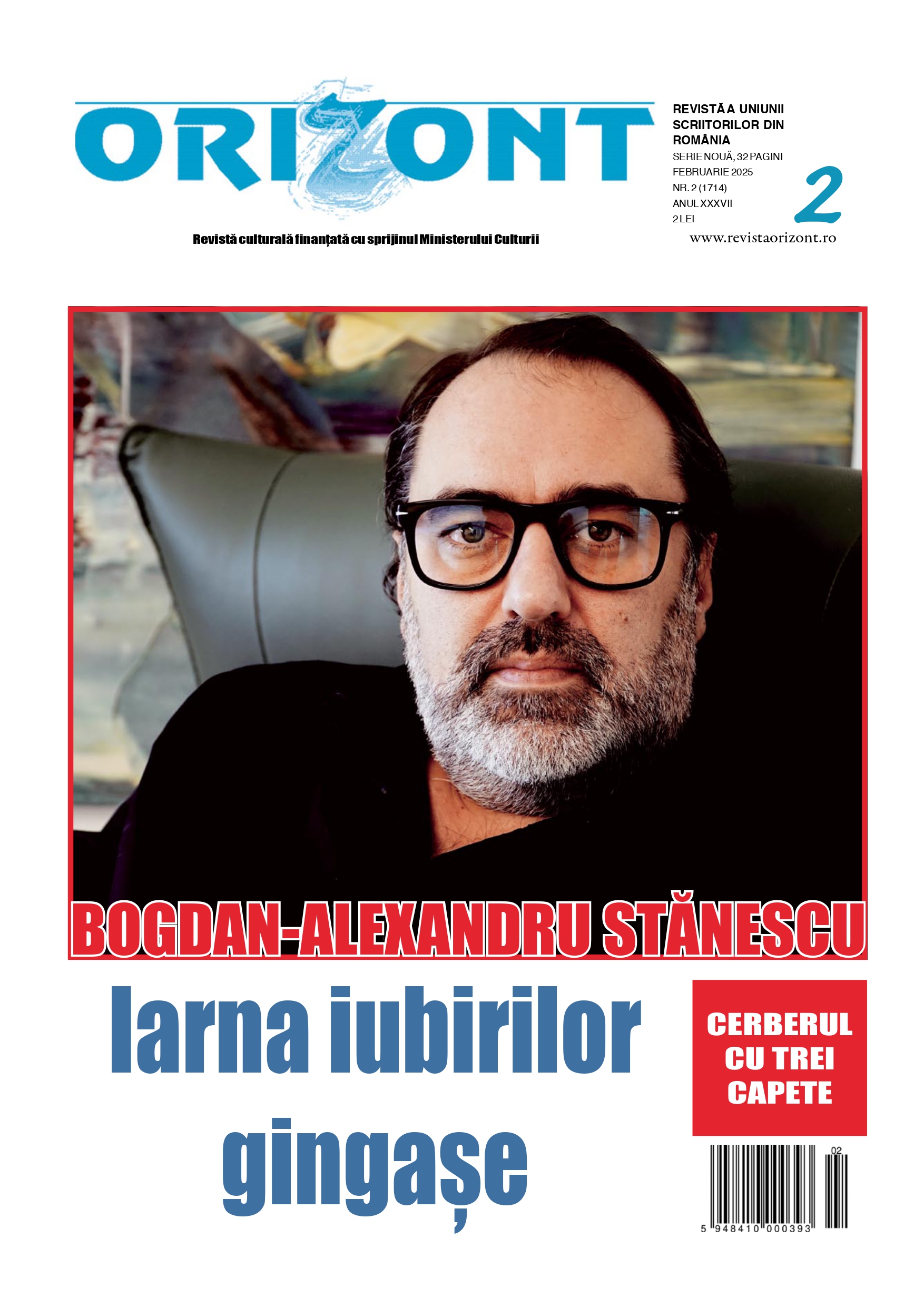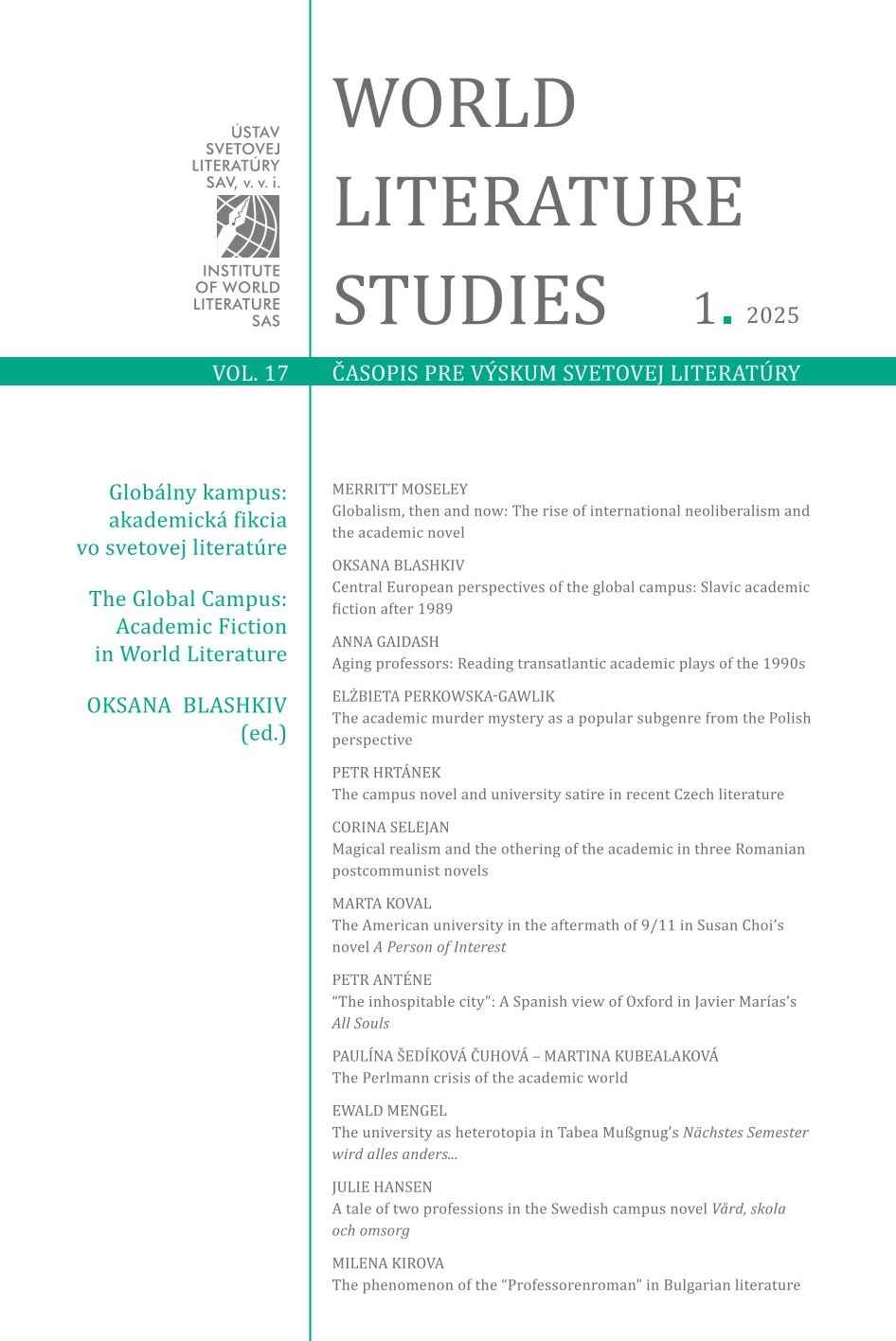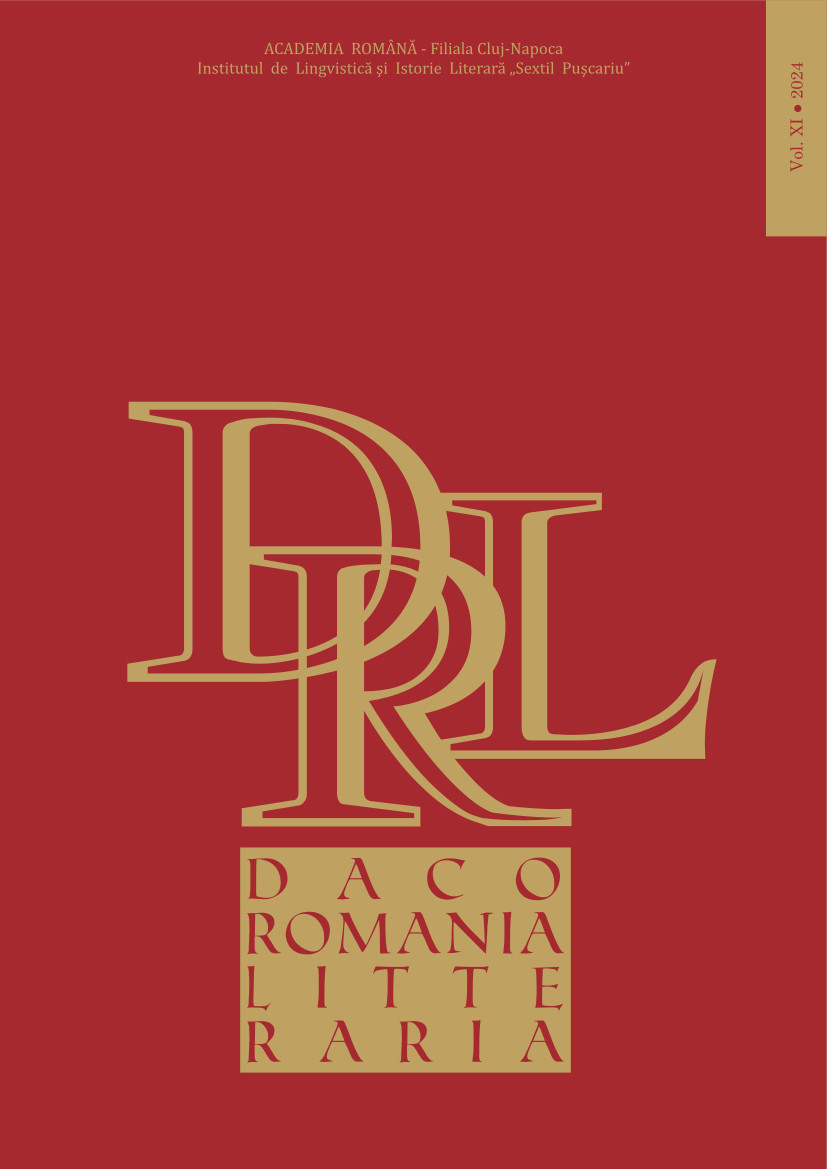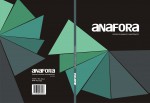
Tkači Citata
Besides urbanism, intermediality is another common characteristic where the continuity of the Croatian short story of the eighties and nineties can be found. Usually these two characteristics are interwoven; intermedial strategies often create a subtext of urbanism. The adaptations from the newspapers, movies, television, hyper- and cybertext confirm the thesis about the absolute pluralism and the incomplete convention of the prose text, and the lack of the final form as well. The method of quotations, especially the use of intermedial quotations, is probably the most characteristic and visible feature in the Croatian short story of the eighties and nineties. This feature gains in importance if we take into consideration that in the Hungarian short story there is a traditional emphasis on intertextuality. The revolutionary changes in the Gutenberg-galaxy refer to the redefinition of the role of the literary text, the reader and the author. With the phenomenon of computer-technology and the Internet, unlimited possibilities have opened up in the theory and realisation of the evolution/ development of the short story.
More...
